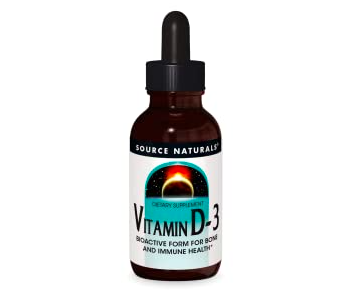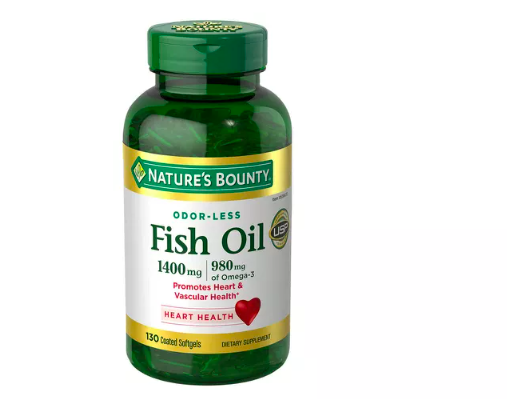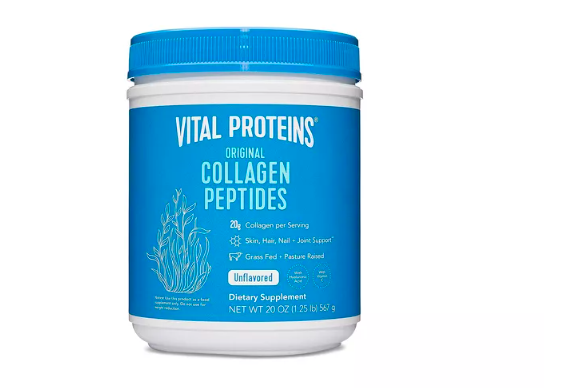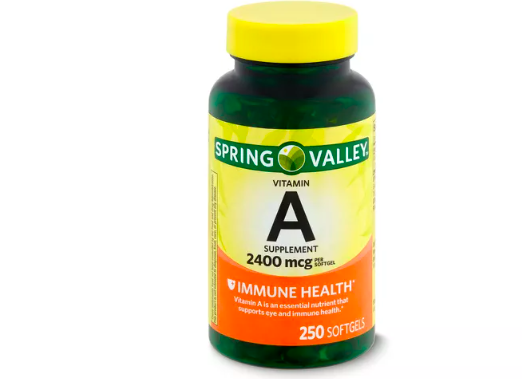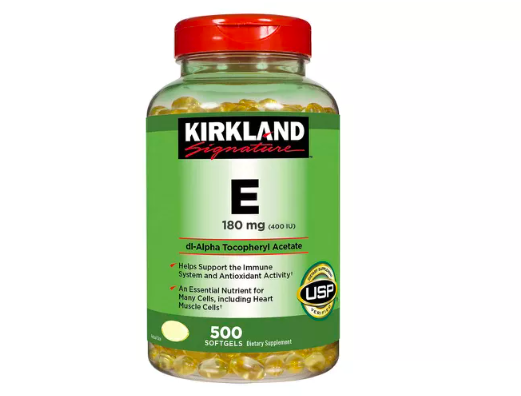Subscriber Alex M. (22yo, Michigan) asked: Dear Saint Eden, what supplements can I take for better skin health?
The specific skin health supplement that’s best for you and if you can benefit from one, will depend on your skin care concerns, your diet, and any other medical issues you are experiencing. If you’re considering taking a supplement, it’s important to be aware of the tolerable upper limit (UL) of nutrients to prevent toxicity, as single-nutrient supplements often come in very high doses.
We spoke with skin health experts to get their insights on the best vitamins and supplements for skin health and how to determine if a vitamin or supplement could benefit your skin, and selected our top picks based on research of dozens of products on the market considering affordability, accessibility, research-based benefits, and potency
Shop any or all of the links below. *we receive a small tip when you purchase any of our below recommendations
Vitamin D3 Drops
A vitamin D deficiency could lead to skin conditions including atopic dermatitis (otherwise known as eczema) and psoriasis. The recommended serving of nine drops provides 250 percent Daily Value of vitamin D, but you can easily adjust the dosage to fit your needs.
Omega 3: Fish Oil
These are essential fatty acids which means we need to get them from food or supplements because our bodies do not produce them in adequate amounts. Omega 3’s anti-inflammatory effects could be especially beneficial for those with skin diseases like eczema or psoriasis. The soft gels also come with a coating to minimize the fishy aftertaste. If you don’t like fish or struggle to consume it regularly, these may be a helpful addition for your overall and skin health. Also find in fish, flaxseeds, and chia seeds.
Collagen Peptides
This protein is essential for keeping the skin looking youthful and plump. How? it aids the skin stimulate cell replacement, cell restoration, and prevents overall skin sagging. You can also find collagen in bone broth, dark leafy greens, and citrus fruits.
Vitamin A
Vitamin A deficiency can cause delayed wound healing and fragile skin. One of the major benefits of vitamin A for skin health is its ability to help produce collagen, the protein that gives skin its elasticity and firmness, and it is vital for cell turnover and skin repair. It may also make fine lines and wrinkles look less visible, making it a great choice for individuals who want to slow down the signs of aging. Also find vitamin A in sweet potatoes, carrots, and spinach.
Vitamin E
Consuming foods rich in vitamin E and A, or taking a supplement of these vitamins might be beneficial for individuals with acne. This vitamin helps to keep skin hydrated and looking plump. Also find in nuts, seeds and leafy vegetables.
Zinc
Delayed wound healing can be a sign of zinc deficiency, and so supplementing with zinc can be helpful for skin health, if you are zinc deficient. People with inflammatory bowel disease (IBR) who had batriatic surgery, vegans, or those who are pregnant or lactating, are at a higher risk for not getting enough zinc in their diet. Include zinc supplements in your diet to promote cell turnover and healing. Also find zinc in oysters, pumpkin seeds and beans.
For expert answers to pressing questions on health, clean beauty and lifestyle #ASKSAINTEDEN on social media


